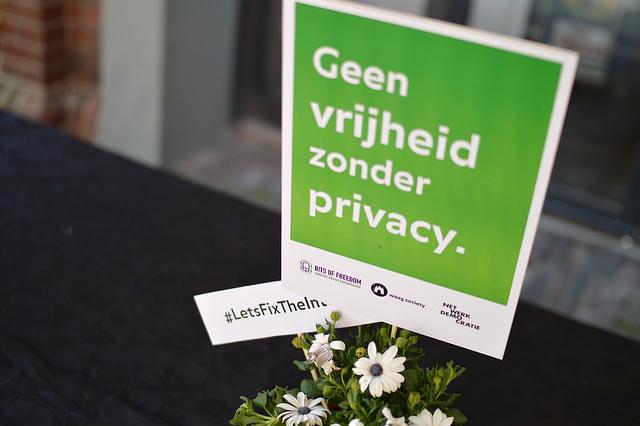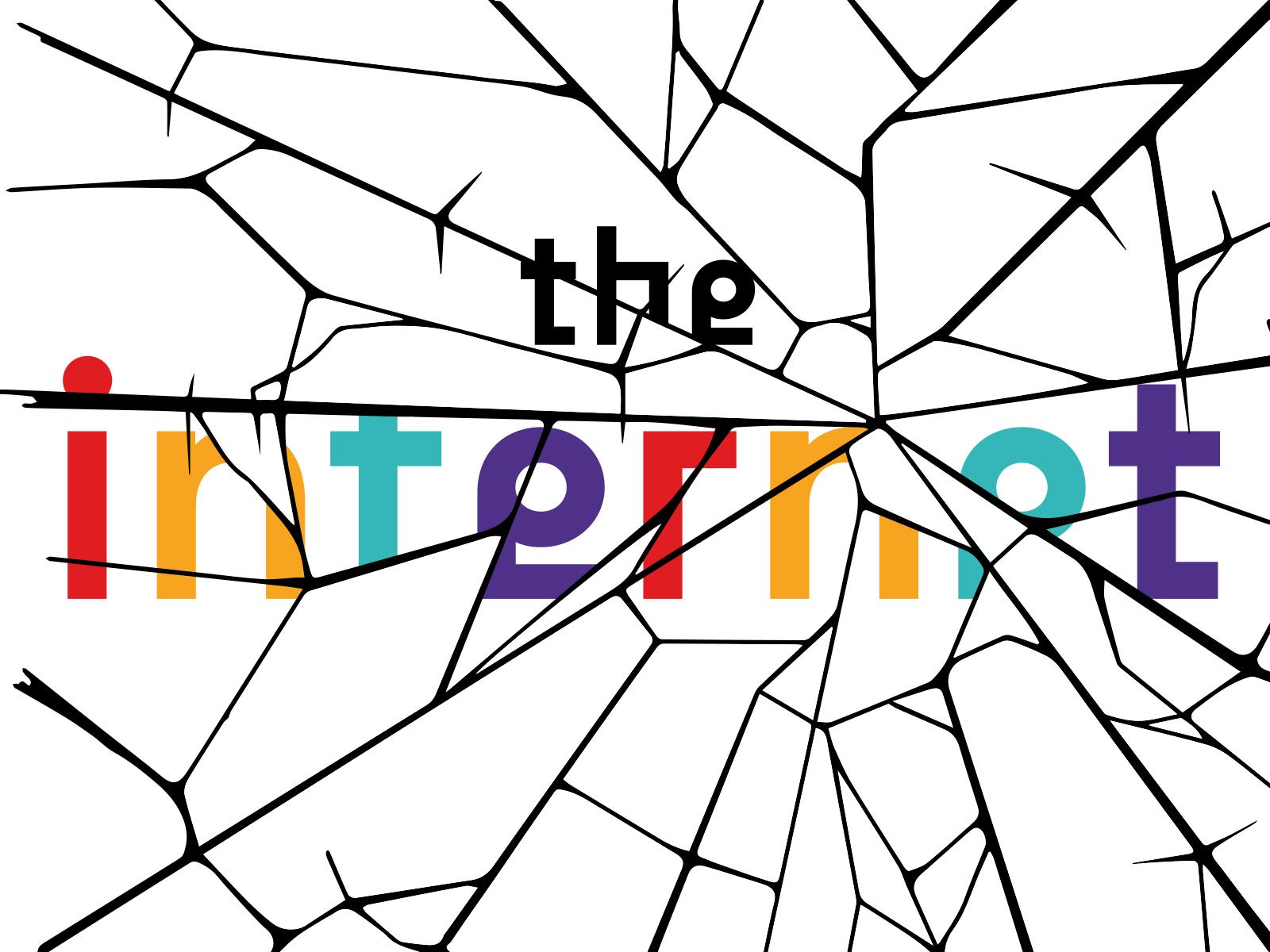Waag organized the fifth Let's Fix the Internet session in collaboration with the Internet Society Netherlands and Network Democracy; this time about an open and free internet. Four guests shed light on this topic from their own expertise. This is a report of this event on human rights, providers blocking Skype, the state "laundering" data and an angry Turkish Prime Minister.
After Snowden
A year ago whistleblower Edward Snowden, a former NSA employee, shook up the world and revealed secret documents which brought large-scale surveillance by the U.S. to light. 20 years after the emergence of the Internet, we take the role of internet in our lives and our society for granted. The revelations of Snowden not only created a huge shock. The urgency of privacy and civil rights has come to the attention of a wider group of people and moved up on the agenda in the Dutch and European politics.
Blocking and shaping
Alexander Blom of the Internet Society Netherlands started the evening with his Open Internet research. He examined if frequently used applications such as Internet telephony (SIP and Skype), Whatsapp (XMPP), Youtube, Bittorrent and Spotify are blocked or shaped by ISPs. Through the Open Internet app that is available for both Android and iPhone, 7000 users have already helped to test if providers are blocking and 'shaping'. The investigation is still ongoing but it seems that most providers do want to follow the rules. Whether they succeed in this, and whether they are actively working on it, we will soon discover.
Citizens Against ...
Subsequently, Christiaan Alberdinck Thijm, founder and partner Bureau Brandeis, talked about the Citizens against Plasterk case. On 13 May, the coalition of Citizens against Plasterk faced the state in the Court of The Hague. This case is about the State 'laundering' data by the NSA and GCHQ in an unauthorized manner, because these are obtained in breach of the right to privacy. One of the demands of the coalition is that the state will stop using such data. During the hearing, the court admitted finding the case difficult. For that reason, they will take longer than usual to rule. The verdict is expected on July 8. Christiaan Alberdinck Thijm presented some interesting quotes from Dutch ministers in this context :
Minister Opstelten, Justice:
"As is known in the Netherlands, we have clear legal frameworks for our intelligence services. An independent commission oversees the exact method of our own intelligence services. Obviously we do not disclose the exact method of our own intelligence services, even in relation to cooperation with foreign services. "
Minister Hennis, Defence:
"We then immediately said that the question on intelligence based on information from the PRISM program can not be answered, because the exchange of data between services occurs without revealing sources. That is the world of services. This is how they work. That is the reality. "
A very interesting development for the Citizens case against Plasterk the Privacy not Prism case: civic groups started a case against the United Kingdom in which they challenge the legality of surveillance measures of the English services. These are specific to the PRISM program (to which English services would have access) and TEMPORA (in which the English secret service monitors internet traffic through the fiber optic cables between Europe and America). Like Citizens against Plasterk, these groups argue that to request or receive data from foreign intelligence services is not consistent with human rights. The English Investigatory Powers Tribunal will first have to make a decision only after which the parties can go to the European Court of Human Rights (ECHR). It is difficult to estimate how long such a case would take the ECHR, but now that the tribunal will have to address this matter first, the parties expect a delay of six months to a year.
Moral values
Filiz Yilmaz, one of the founders of the Internet Society Turkey and Internet & Policy Consultant then gave an insight into the recent internet censorship in Turkey: the closure of YouTube and Twitter. She said that this is not new to the Turks. Between 2008 and 2010, YouTube was also inaccessible. A positive side effect of this is that many Turks now know how to circumvent internet censorship through a VPN Service (Virtual Private Network). Filiz Yilmaz also said that the blockade of YouTube and Twitter had to be lifted, because the court indicated that 15 videos had to be blocked and not the services themselves. Turkish Prime Minister Erdogan has commented: "We have to implement [the judgment], but we do not have respect for it," he said, according to the Turkish newspaper Hürriyet. According to him, the lifting of the blockade "is not correct and not patriotic. While the court protects an American company our national and moral values are ignored."
Schizophrenic states
The last speaker Menso Heus, coordinator of the Internet Protection Lab, demonstrated how large-scale monitoring has serious consequences. Not only for the activists, journalists and human rights activists who the Internet Protection Lab is trying to protect, but for Internet users around the world. Governments behave schizophrenic when it comes to the digital domain; the promise is a free and secure internet for all, but in practice we see intelligence trying to make the Internet as vulnerable as possible so that it can be used for tracking purposes. Some of these developments can be countered by technical measures, but Menso Heus calls for us not only to focus on technology - he stressed that we must call on our governments to account for their actions and we must remind them to respect international law and human rights.
All four speakers this evening indicated why a free and open internet is important and relevant from their perspective. They all showed that the state and the citizen in these dynamics have an unequal position, that citizens try to protect their civil rights again and again in the information society and that governments are not always able to protect these in a good way. Therefore I end this blog with a telling quote from Roy Olmstead, with which Christiaan Alberdinck Thyme also ended his presentation:
- "Crime is contagious. If the Government becomes a lawbreaker, it breeds contempt for law; it invites every man to become a law unto himself."


